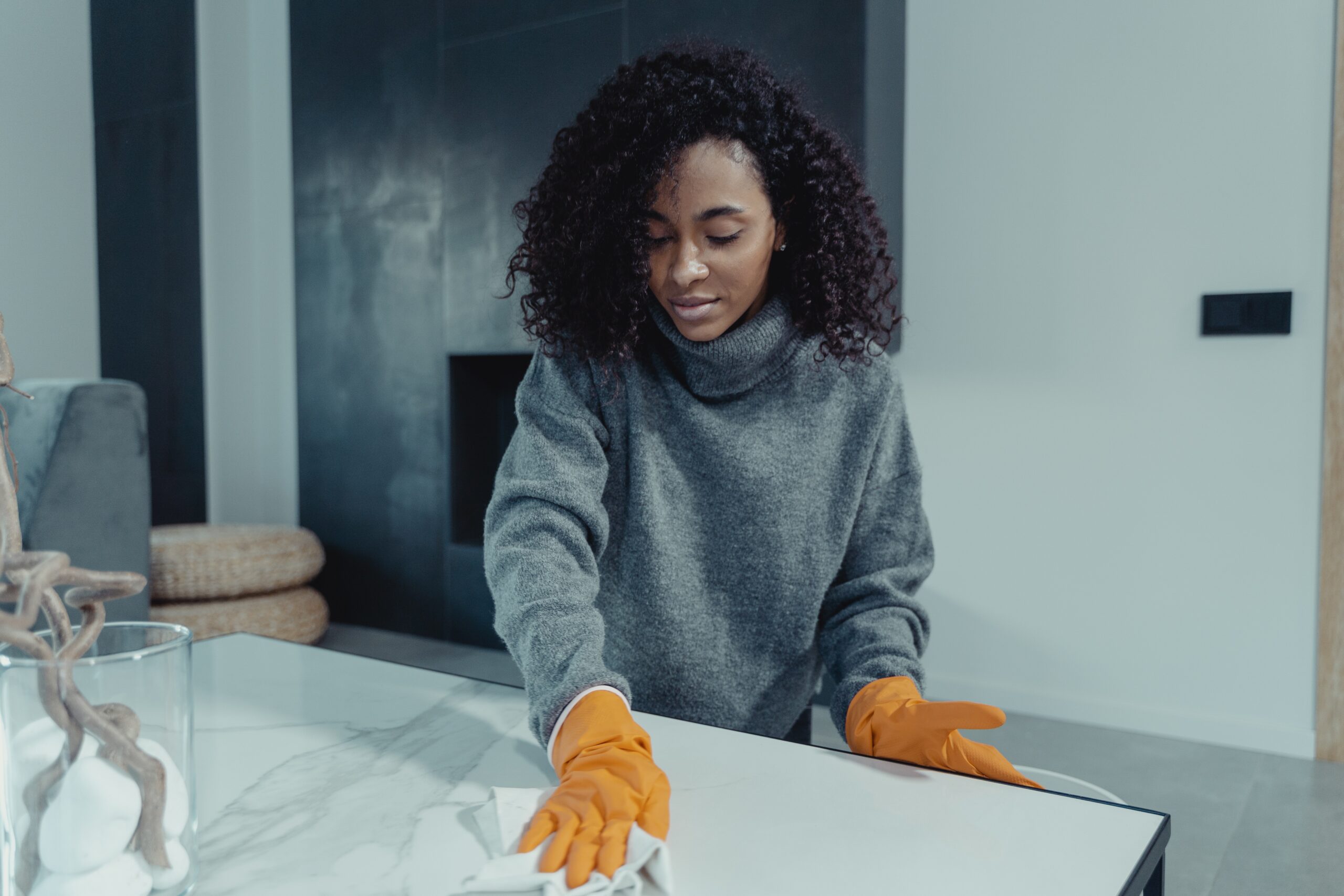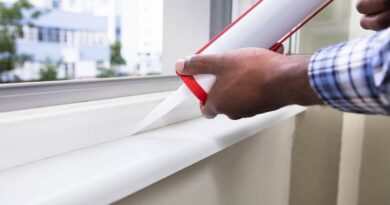8 Important Home Care Tips You Shouldn’t Forget
Keeping your home well cared for is important for safety, comfort, and avoiding costly damage. Developing good home care habits and performing regular maintenance can help ensure your house remains in good working order for years. Here are 8 important home care tips for long-term home health and maintenance.
1. Regular Cleaning and Decluttering
Establish a regular cleaning schedule to tidy your home and prevent built-up grime. Dusting, sweeping, mopping, vacuuming, and scrubbing bathrooms and kitchens weekly or biweekly is a good start. Also, schedule deep cleans to get into corners and scrub hard surfaces. Minimalism and decluttering your space can make cleaning easier and more effective. Get rid of excess clutter and organize what’s left.
It might get too much for one person, so distribute the responsibilities as chores amongst the whole family. If you have young kids, you should use a way to make this a fun game for them so they are encouraged to contribute.
2. Maintenance and Repair
Regularly inspect your home’s major systems and promptly fix or repair any issues. Check the roof for leaks or damage, clean gutters to prevent clogs, service HVAC systems annually, inspect plumbing for leaks, ensure appliances are functioning, check smoke and Carbon Monoxide detectors, inspect the foundation for cracks, and test all doors/windows. Handle any minor repairs yourself or call a professional for major issues. It’s best to contact a professional gutter company in South Carolina or your area to avoid costly water damage from clogged or leaking gutters.
3. Proper Ventilation and Air Quality
Good ventilation and indoor air quality are important for health, comfort, and avoiding damage to your home. Run an exhaust fan for at least 20 minutes daily or keep range hoods and fans on when cooking or showering—vacuum frequently with a HEPA filter to reduce dust and allergens. Reduce indoor pollutants by not smoking inside, using natural cleaning products, limiting aerosol sprays, and venting any combustion appliances outdoors.
4. Pest Control
Preventing and controlling household pests like rodents, cockroaches, ants, and termites is key to home care. Store food in airtight containers, fix any holes or cracks leading into the home, store wood/debris off the ground and away from the foundation, and practice good sanitation, like frequent vacuuming and cleaning up food waste. Use baits, traps, or boric acid for minor issues, but for larger infestations, call an exterminator, especially for termites that can cause major damage.
5. Fire Safety and Prevention
Develop and practice a fire evacuation plan, keep exits clear of clutter, check smoke/CO detectors monthly, and extinguish any lit candles/cigarettes before leaving the room. Avoid overloading electrical circuits and keep space heaters away from flammable objects. Clean dryer vents to prevent lint buildup, and never leave the dryer running when you leave home or go to sleep. Know how to use a fire extinguisher properly in case of emergencies.
6. Energy Efficiency and Conservation
Improve your home’s efficiency to save energy and money. Replace air filters regularly, weatherize drafts or leaks, choose Energy Star-rated appliances, and turn off lights/electronics when unused. Conduct an energy audit to determine where you can improve. Using a programmable thermostat, sealing/insulating your attic, and upgrading to LED light bulbs can significantly increase efficiency.
7. Water Conservation and Management
Conserving water is important for the environment and your utility bill. Take shorter showers, turn off the faucet when brushing your teeth, only run full loads in the dishwasher/washing machine, and water your lawn and plants efficiently. Fix any leaky faucets or running toilets and ensure proper irrigation/drainage outside to avoid flooding.
8. Home Security and Safety
Take measures to secure your home properly. Install deadbolt locks on all exterior doors, consider installing a security system or cameras, keep curtains/blinds drawn at night, and leave some interior lights on timers when you’re away. Develop an emergency plan in case of disasters like fire, flooding, or power outages. Teach your family emergency procedures and keep supplies on hand.
Conclusion
Good home care habits like cleaning, maintenance, energy efficiency, and security are key to keeping your house safe and comfortable for years. Developing regular schedules and checklists to stay on top of important tasks will make home care feel more manageable. However, feel free to call professional help for issues beyond your DIY skills. Your home is an investment worth protecting.




